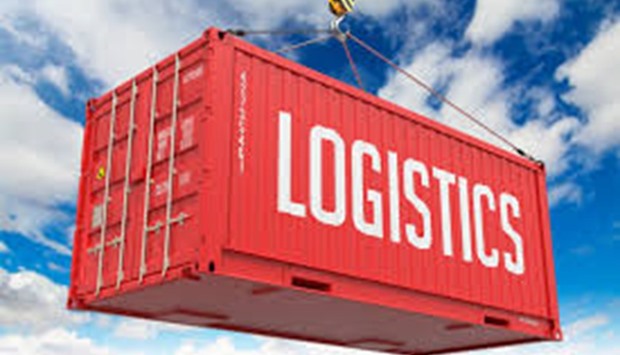Qatar’s logistics areas in the southern regions which will include the largest development projects in the country represent an important step towards achieving Qatar’s quest to diversify its economic base and support competitiveness of the private sector in order to increase commercial movement, support local products and diversify non-hydrocarbon investments.
The development projects in the logistics areas are expected to attract QR30bn in direct investments in line with the directives of the wise leadership to launch and follow up the implementation of development projects that aim at turning Qatar into a regional hub for investments and logistics services, increasing the competitiveness in the trade sector, and encouraging the private sector to participate effectively in the State’s development plan in accordance with Qatar National Vision 2030.
The Logistics Committee of the Ministry of Economy and Commerce has set up the general policies for the logistics areas project in order to ensure the participation of all categories of investors, and encourage small investors to participate in the project, which is set for completion in mid-2018, and aims at developing and operating logistics areas south of the state, to ensure optimisation of these investments before organising the 2022 World Cup.
In the context of facilitating procedures for investors and speed up the completion of development projects, the Ministry of Economy and Commerce’s Technical Committee announced the completion of preparing the lands allocated for the logistics areas project in the southern regions ahead of schedule, in preparation to be delivered to investors in collaboration with the Special Economic Zones company (Manateq).
The Committee completed the signing of booking and rental contracts with investors, and provided readymade designs for the construction of warehouses and stores to facilitate the work of the small investors.
The large turnout by Qatari investors and companies to enter into investment projects in the logistics areas reflect the extent of awareness and understanding of the economic importance of such projects.
In statements after announcing the winners in the public draw for owning lands in the logistics areas, HE Minister of Economy and Commerce Sheikh Ahmed bin Jassim bin Mohamed al-Thani praised the potentials of the investors, and their ability to compete in the interest of national economy.
The Minister stressed that the Technical Committee was keen to develop specific criteria in order to encourage investors towards the diverse economic sectors in implementation of the directives of HH the Emir Sheikh Tamim bin Hamad al-Thani to develop integrated programmes to support the private sector and to direct it towards the most productive sectors in line with Qatar National Vision 2030.
He reaffirmed ministry’s keenness to put forward ideas and initiatives to build a diverse and competitive economy for the coming generations through clear visions aimed at activating the role of the private sector to play its role in the overall development process.
The logistics areas project is one of Qatari government’s largest projects and includes 1,583 pieces of land. The major project will have a positive impact on the market and the prices of logistics and warehousing in the near future.
The project also adds a strategic dimension as it is located close to Hamad Port, Mesaieed Industrial Port and the Orbital Highway, which will serve the specific investments in this project.
The project will provide many logistics services, including assembly services, processing, open storage spaces, the various storage applications (refrigerated warehouses, frozen products stores, dry stores), exhibitions, shops and commercial offices, labour camps, car maintenance and storage, assembly and processing for light industry, service centres, supplies and warehouses.
The project provides a typical business environment and includes integrated infrastructure at global standards taking into account roads, extension of the rainwater drainage system, landscaping spaces, integrated housing for workers, services centres such as mosques, civil defence, parking, offices, supermarkets, pharmacies and other vital services.

logistic
